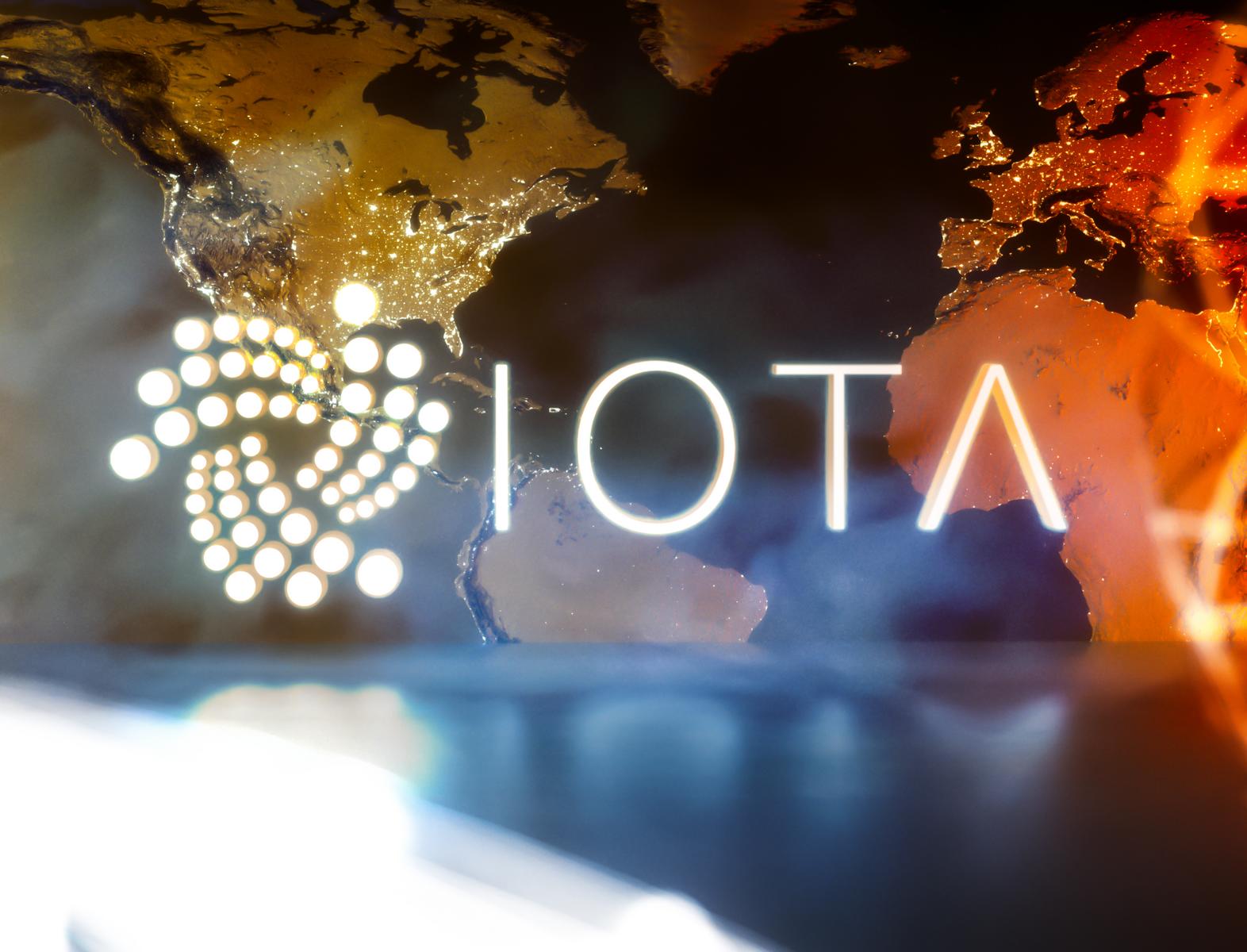
- IOTA’s major upgrade aims to achieve unprecedented scalability, supporting over 50,000 transactions per second with full decentralization and advanced programmability.
- The protocol introduces staking with 10-15% potential annual rewards and integrates Move and Ethereum virtual machines to enhance developer capabilities.
IOTA, an open-source distributed ledger, is preparing for a major upgrade named “Rebased” to handle over 50,000 transactions per second (TPS) while achieving decentralization. The IOTA Foundation plans to update its protocol to enable full decentralization, Layer 1 programmability with MoveVM and EVM support, and $IOTA staking. The upgrade aims to speed up the transition to a new mainnet, offering better scalability and utility.
How does #IOTA want to press ⏩Fast Forward with IOTA Rebased?
To power real-world applications, IOTA must be scalable, reliable, and, above all, programmable. With Rebased, we could accelerate this vision in a fraction of the time.
Let’s break it down 🧵👇#Rebased pic.twitter.com/20Itd0rcEi
— IOTA (@iota) November 20, 2024
A vote by the community will decide if the new system is adopted or if the current network remains. If the vote is in favor, the new main network could start after thorough testing, security checks, and connections with exchanges. This move is expected to enable more advanced programming, better meet industry needs, and support the growth of the IOTA ecosystem.
Nearly nine years after it started, IOTA has always aimed to offer an alternative to traditional blockchains by removing the need for miners, cutting down energy use, and keeping fees low. The foundation’s mission goes beyond building a better blockchain; it wants to be the trusted base for digitizing the global economy. IOTA aims to create a connect the real world with no digital barriers. It empowers people all over the world actively to participate and profit from the digital economy.
IOTA Pioneers Real-World Blockchain Applications
IOTA’s technical foundation is built on a scalable parallelized ledger, setting it apart from other Layer 1 blockchains. The Foundation has led the creation of innovative use cases across mobility, trade, logistics, energy, and finance. Collaborations with enterprises, institutions, and governments have resulted in several real products and ecosystems, driving millions of transactions and tokenized assets to the IOTA mainnet.
Key adoption milestones include being a finalist in the European Blockchain Service Infrastructure (EBSI) Pre-Commercial Procurement by the European Commission, selection for the European Blockchain Sandbox with a tokenized on-chain KYC solution, and becoming the first DLT foundation registered with the Abu Dhabi Global Market. Additionally, IOTA has co-founded a governing entity to digitize trade infrastructure alongside organizations.
The Foundation’s reputation for trustworthiness, backed by its regulated non-profit status in Germany, Switzerland, and the UAE, has made it a preferred partner for industry leaders. The commitment to creating a connected and trusted world has earned IOTA long-standing partnerships and a strong position in the blockchain ecosystem.
What Makes IOTA Rebased Stand Out?
In today’s blockchain landscape, merely having fast transaction speeds and low fees is no longer enough. Users demand reliable infrastructure that supports robust ecosystems and practical applications. Recognizing this, the IOTA Foundation aims to accelerate adoption by introducing IOTA Rebased, a protocol that combines high scalability with full decentralization and advanced programmability.
IOTA Rebased leverages nearly a decade of experience to deliver a scalable and programmable network within a significantly shortened timeframe. This protocol integrates the Move Virtual Machine (MoveVM) and Ethereum Virtual Machine (EVM) support, enabling developers to create a wide range of applications. The new protocol also incorporates a Delegated Proof of Stake (DPoS) consensus mechanism, enhancing security and network efficiency.
One of the standout features of IOTA Rebased is the introduction of staking. Token holders can now secure the network and earn rewards, with initial target inflation rates set between 6-7% per year, yielding 10-15% APY in staking rewards. Additionally, the protocol includes a fee-burning mechanism similar to Ethereum and Solana, ensuring a flexible and sustainable economic model.